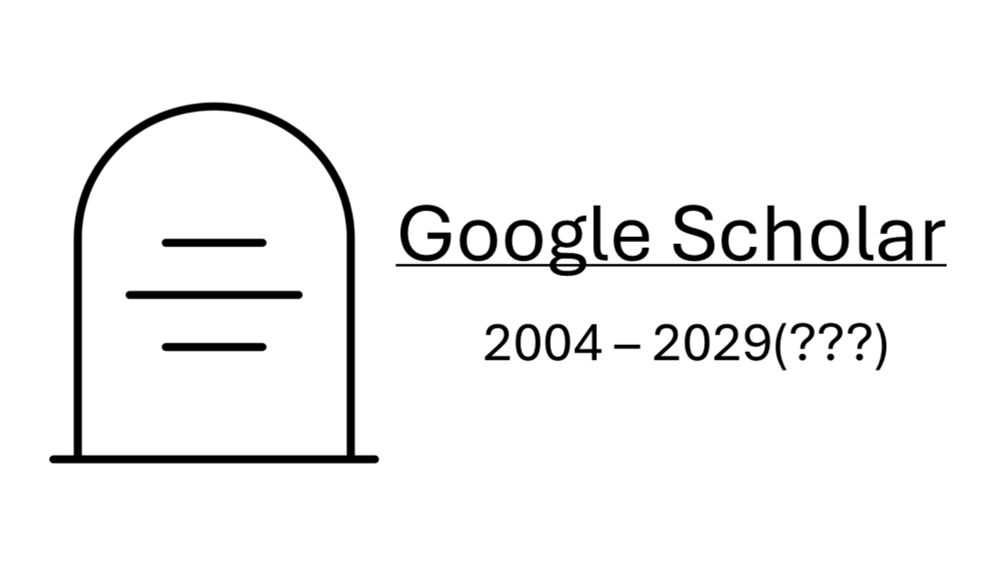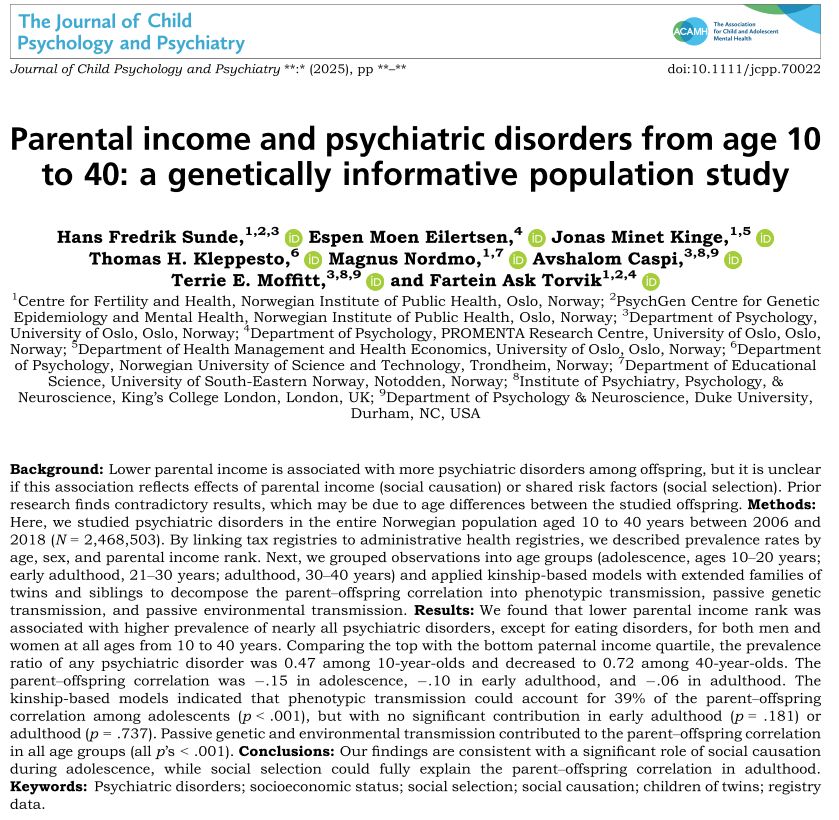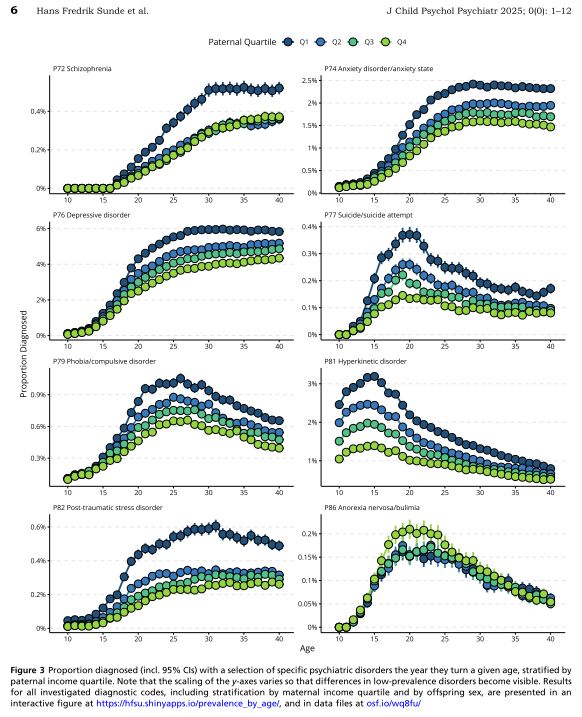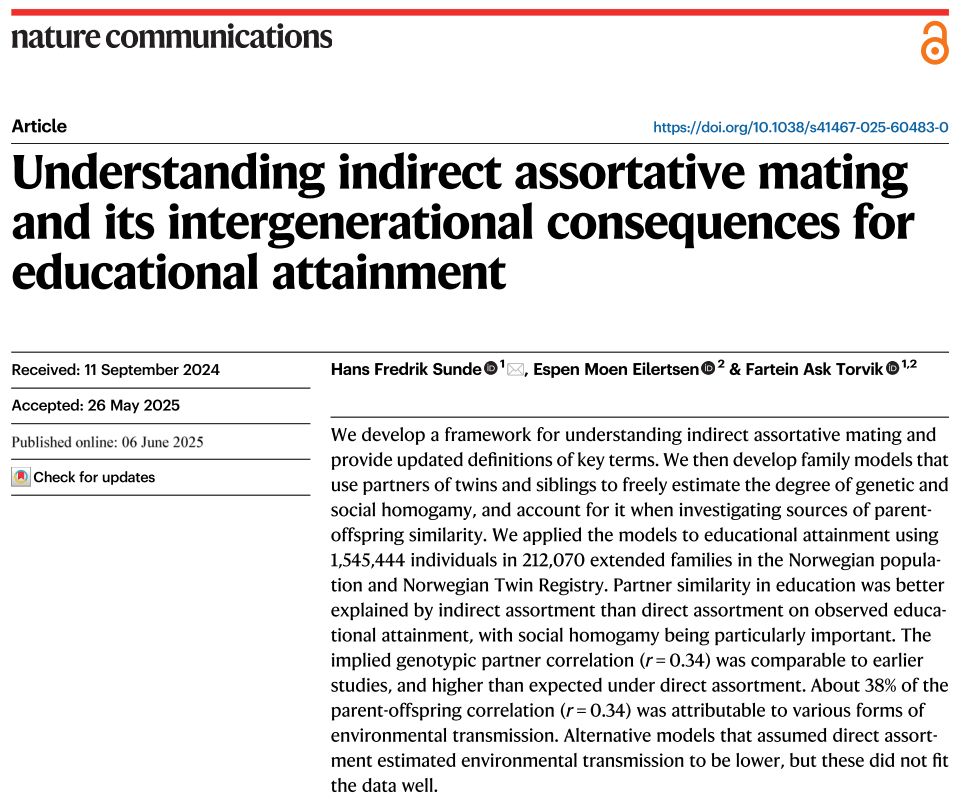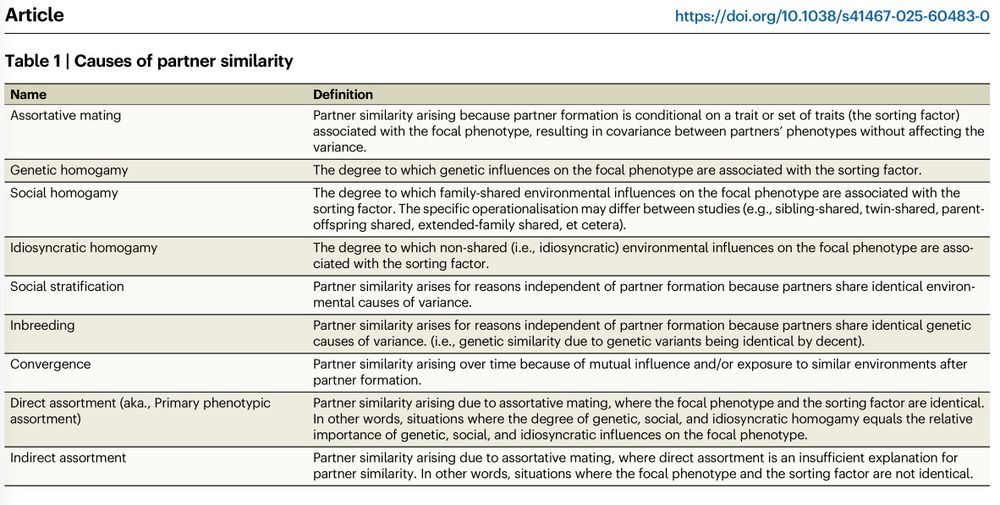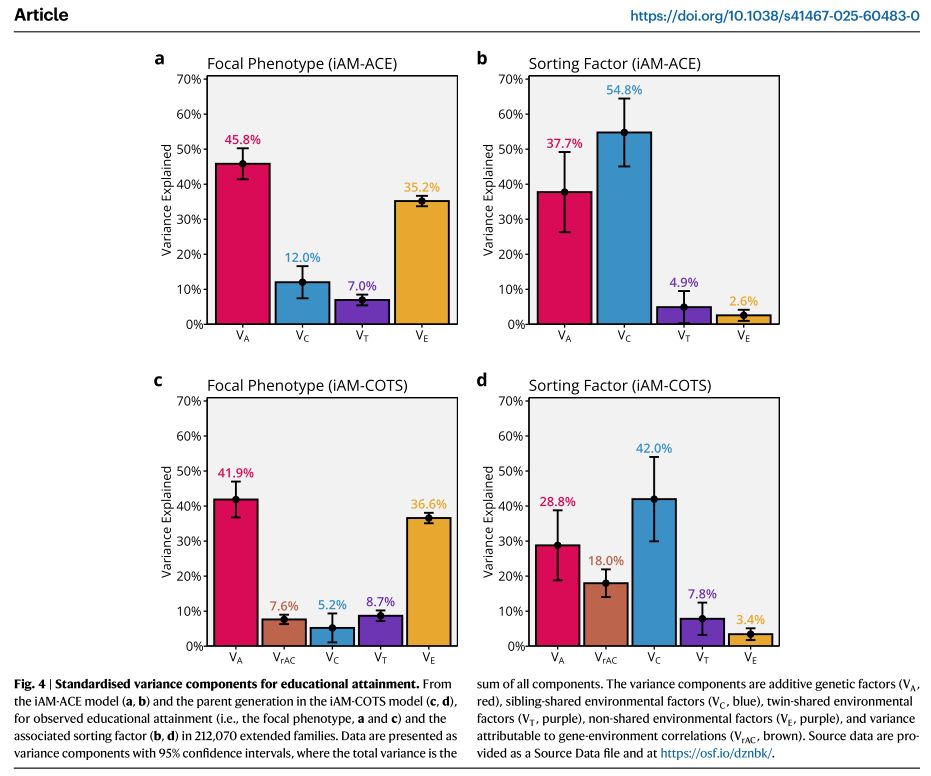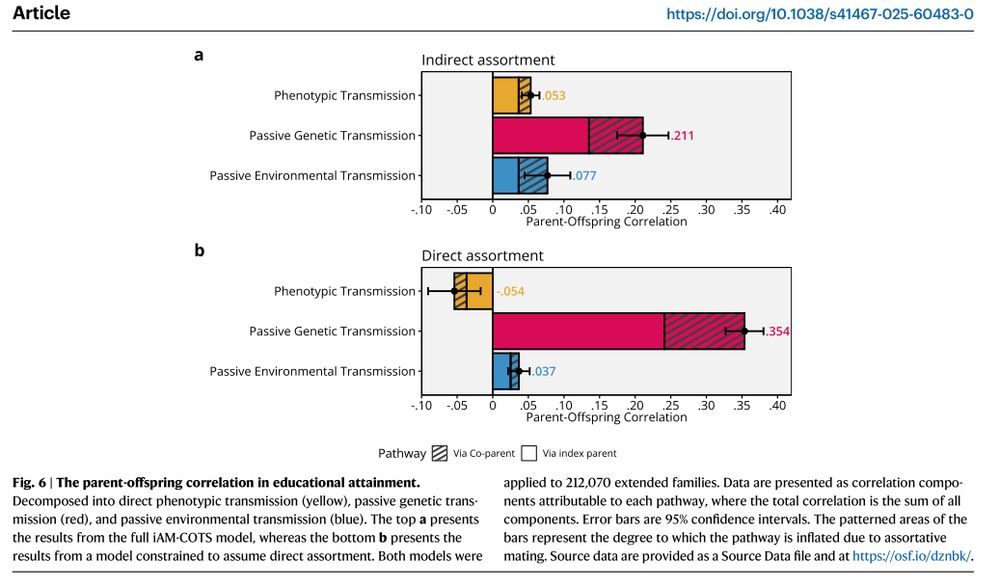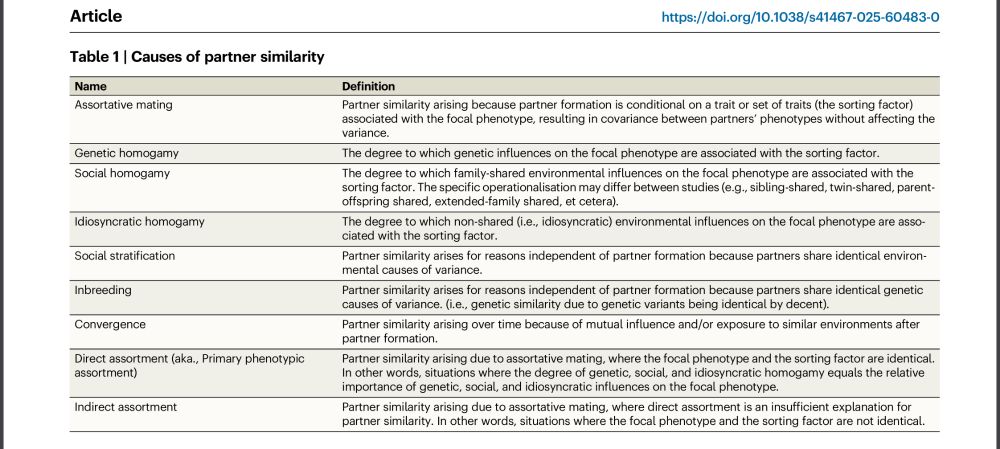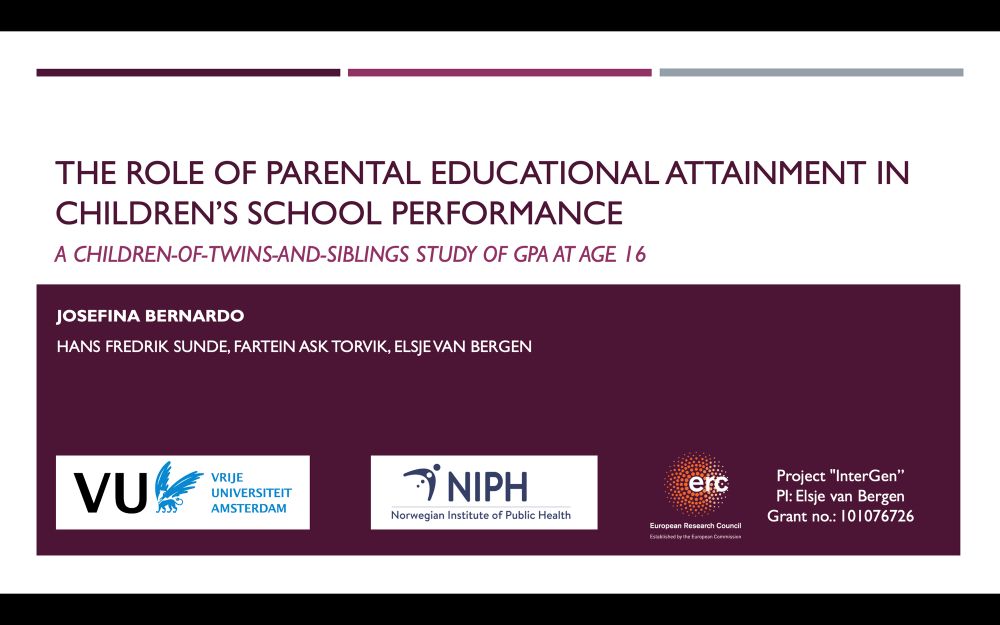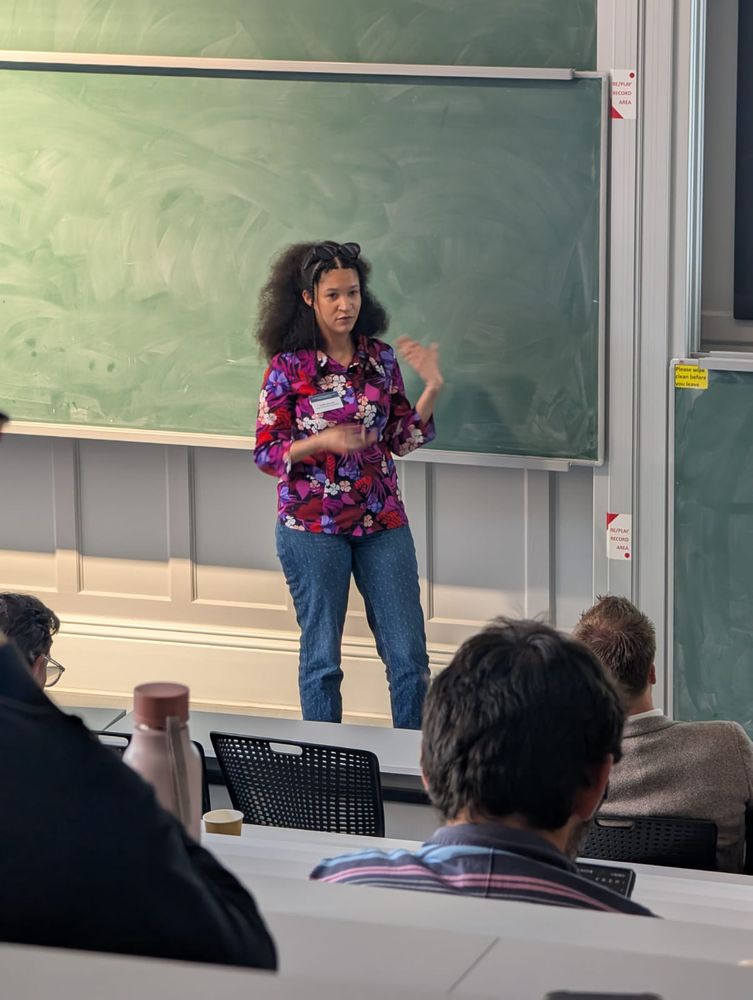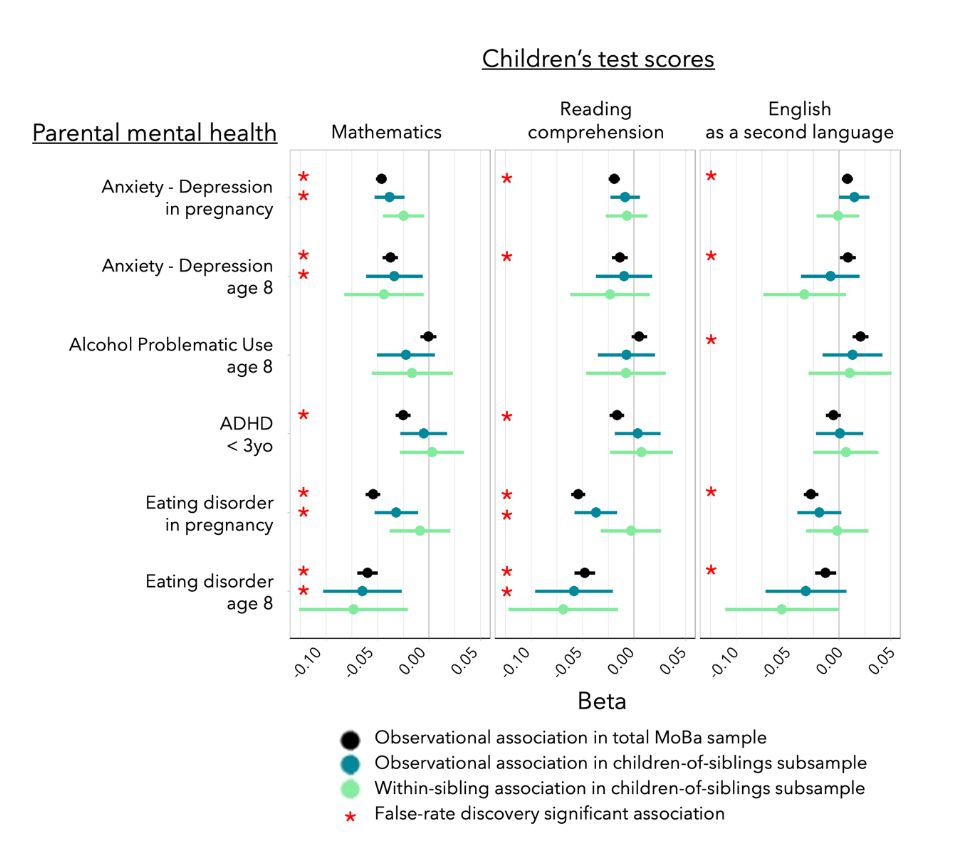Fartein Ask Torvik
@torvik.bsky.social
540 followers
450 following
18 posts
Mental health and behaviour genetics. Senior researcher/associate professor at Norwegian Institute of Public Health & University of Oslo
Posts
Media
Videos
Starter Packs
Reposted by Fartein Ask Torvik
Reposted by Fartein Ask Torvik
Reposted by Fartein Ask Torvik
Reposted by Fartein Ask Torvik
Reposted by Fartein Ask Torvik
Reposted by Fartein Ask Torvik
Reposted by Fartein Ask Torvik
Reposted by Fartein Ask Torvik
Reposted by Fartein Ask Torvik
Reposted by Fartein Ask Torvik
Reposted by Fartein Ask Torvik
Reposted by Fartein Ask Torvik
Reposted by Fartein Ask Torvik
Reposted by Fartein Ask Torvik
Reposted by Fartein Ask Torvik
Reposted by Fartein Ask Torvik
